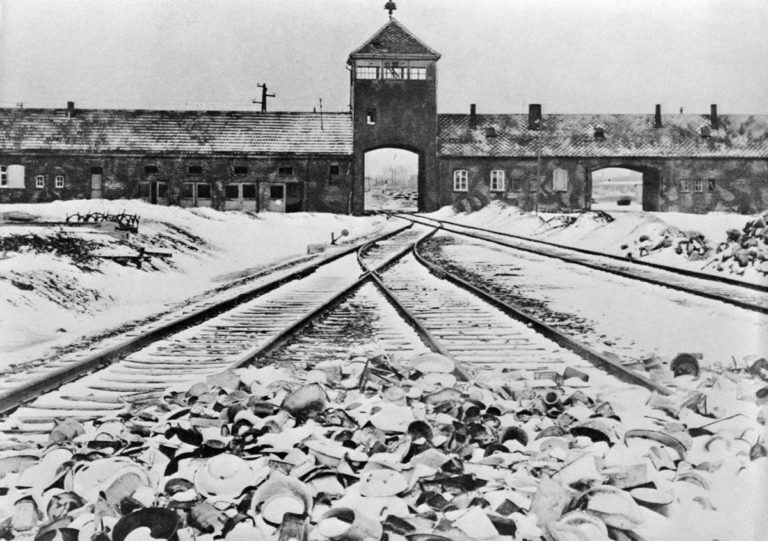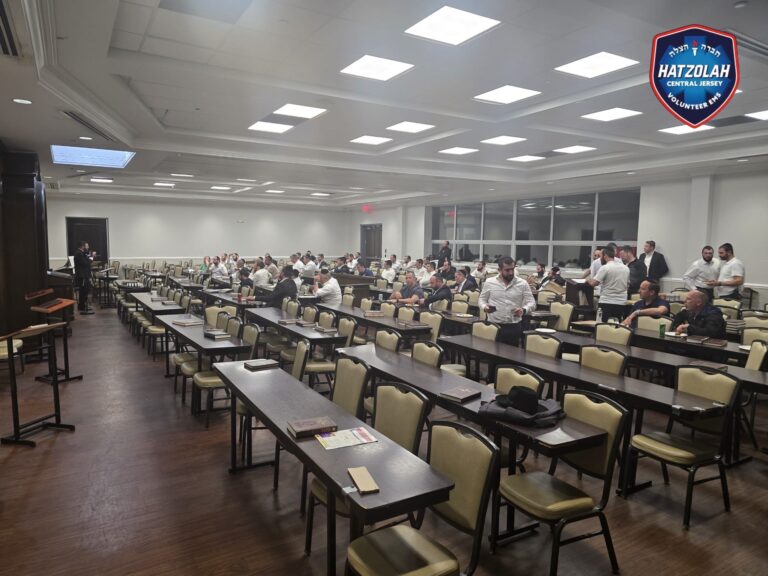‘All korbanos will be annulled with the coming of Moshiach, except for the korban todah.’
The korbanos Chatas and Asham, which were brought for one who sinned, will be nonexistent when Moshiach arrives because at that time man will not sin anymore; there won’t be that same yetzer hara as we have now. However, the same Chazal notes that we will still bring the korban Todah. The question is why? To take it a bit further, Chazal are quoted as saying “לעתיד לבוא אין עוד צרות בו” – we won’t have any more worries. If so, when would we ever have to bring a korban Todah? Just like there will be nobody sinning when Moshiach comes, and we are nullifying the Chatas, Asham and Olah, the same should be true by the Todah! Why then, will the korban Todah continue to be brought?
The answer is a fundamental yesod that needs constant reinforcement.
The Nitziv asks an interesting question. The Todah was a rather large korban. One had to eat a whole animal plus thirty six loaves of matzah and challah in a limited time span. If so, how was it possible to expect someone to eat all this food within twenty four hours?
Answers the Nitziv with the following yesod: it’s virtually impossible for someone to eat all this, even with his family, within twenty four hours. How will the baal hakorban be able to consume all this before the expired time? He has no choice but to publicize his thanks and to make a large meal and invite everyone he knows to come help him finish eating this korban. At the meal he will then publicly acknowledge the good that Hashem has done for him and tell over how he was saved from his life-threatening situation. People will hear first-hand about the miracle this person experienced and hear about the kindness that Hashem showed him through his ordeal. Through this, people will consume the korban Todah in its proper time.
There are many trials and tribulations that people go through in this world. It’s hard for us to realize and comprehend everything that Hashem does and why he does it. At the moment it’s happening to a person it is frustrating and hard to realize that everything Hashem does for us is for our good. At what point will a person realize that what had happened throughout his lifetime was only for his benefit and that Hashem, all along, was looking out for his good? With the arrival of Moshiach. Then, and only then, after a person is free from the yoke and burden of this golus will he really realize “כל מה דעביד רחמנא-לטב”.
Based on that p’shat we can understand the reasoning why one should bring a Todah in the times of Moshiach. In order to show and give thanks to Hashem for all the good that he did throughout our entire lives and for all the good that he did to the generations that preceded ours! Even when times looked bleak and a person wasn’t sure why certain things were happening, one will now realize everything was for his benefit and therefore he’s giving thanks to Hashem for his entire past!
This concept has to be a priority in our minds. Hakaras hatov has no ‘ending’. A person has to show his appreciation to Hashem for everything. There will come a time when we will all be enlightened. We will be privileged to glimpse at the brilliance of His master plan. The various occurrences in our lives, that at the time may have seemed detrimental to our needs, will be illuminated and emerge as the source of our success. We will feel obligated to gather our family and friends together and demonstrate and annunciate our hakaras hatov. Our hearts will be overwhelmed with gratitude as we discover a newfound appreciation for everything that happened in our lives. When that glorious day comes and we recognize everything that has transpired throughout our lives in a positive light, we must publicize our gratitude. It is only fitting that our family and friends, who were indirectly affected by what seemed to be our misfortunes, should join us in our celebration.










